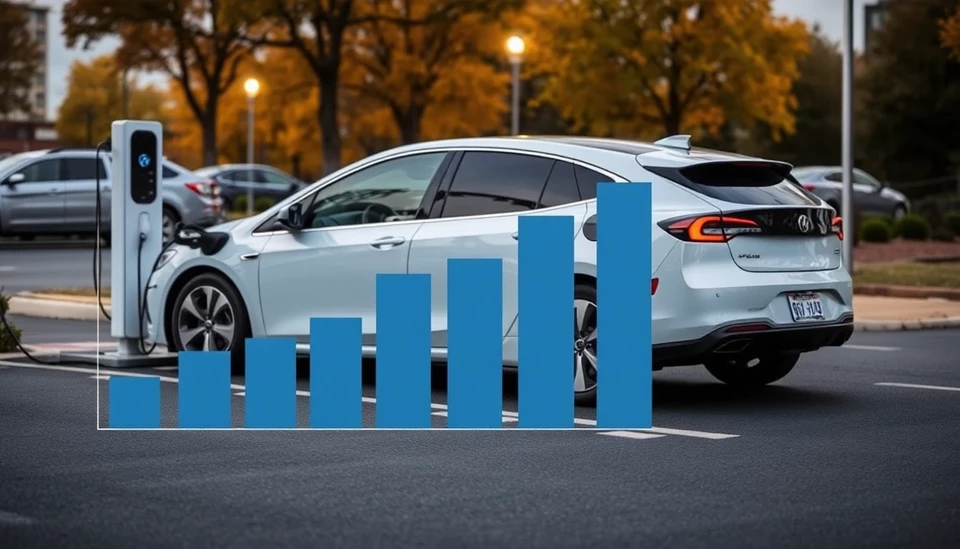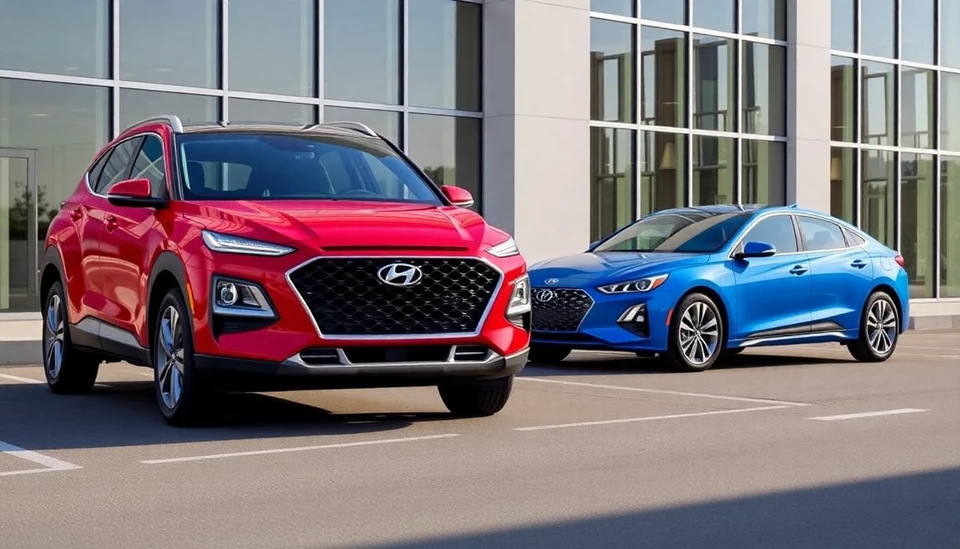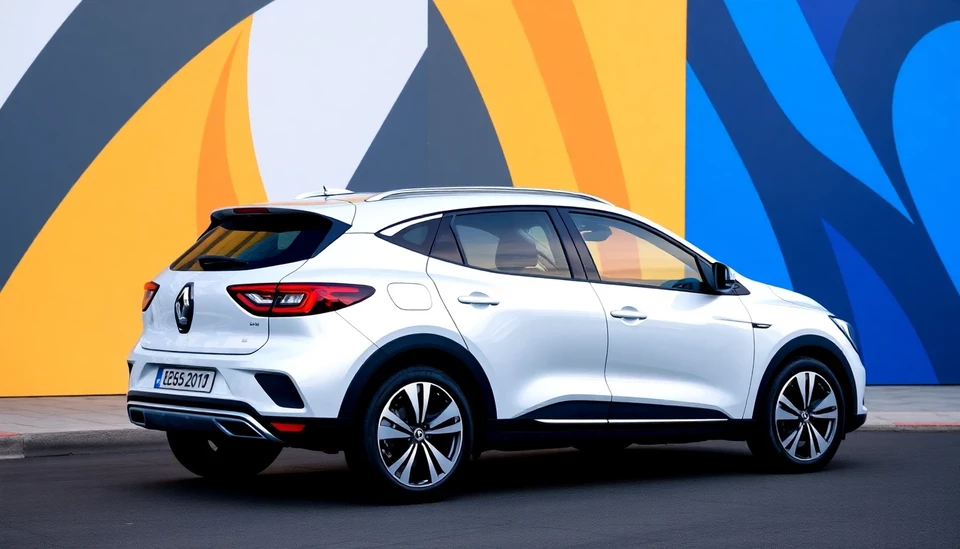
The electric vehicle (EV) market, which has seen explosive growth in recent years, is bracing for a recalibration of expectations as the upcoming Trump administration looms on the horizon. Analysts have begun to revise their forecasts for the industry amidst concerns that support for clean energy may wane, impacting the momentum gained during the Biden presidency.
Data from leading market research firms indicate that sales projections for electric vehicles, previously set to reach new heights, are now being tempered. The turnaround comes in light of Trump's stated intentions to place less emphasis on renewable energy initiatives and more focus on fossil fuel production, a significantly different approach compared to his predecessor.
Concerns are predominantly centered around policy shifts that may hinder the growth trajectory of the EV market. The anticipated rollback of incentives and tax credits for EV buyers that were expanded under the current administration is a major worry among manufacturers and investors alike. This potential shift could discourage consumer adoption and impact the investments necessary for further development in the sector.
Evidence of this cautious outlook is clear as prominent auto manufacturers and startups alike are scaling back their production goals and marketing strategies. The hopes of widespread EV adoption by 2030 are now clouded by uncertainty, prompting companies to revisit their plans and adjust to a potentially less favorable regulatory environment.
Industry stakeholders have begun to voice their concerns at various forums, emphasizing the crucial role of federal support in driving innovation and infrastructure development. The EV market’s growth has been heavily reliant on policy frameworks that encourage both consumer acceptance and manufacturer investment. Should these supports weaken, critics warn, the significant progress made could quickly unravel.
Furthermore, analysts have pointed out that American consumers may perceive a potential decline in EV sales as a broad consequence of a government less committed to addressing climate change. This could, in turn, stifle not just the EV market but broader investments across clean energy sectors, glaringly highlighting the interdependencies within the energy economy.
The impact of these shifting expectations is already being felt, with stock prices of electric vehicle companies experiencing volatility as investors reassess their futures amid the administration transition. The sense of urgency among companies to adapt to a shifting political landscape cannot be underestimated, and many are now preparing to hedge against potential slowdowns.
In summary, as the automotive industry braces for a dramatic political shift, the once-rosy outlook for electric vehicles is becoming increasingly fraught with concern. Stakeholders are left navigating uncharted waters as they wait to see how the forthcoming administration's policies will take shape, determining the future of this pivotal industry in the years to come.
#ElectricVehicles #EVGrowth #TrumpAdministration #CleanEnergy #AutomotiveIndustry #MarketTrends #Sustainability
Author: John Harris




